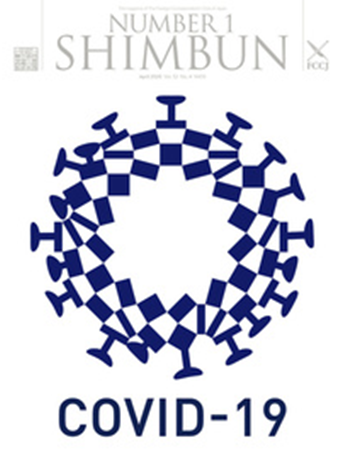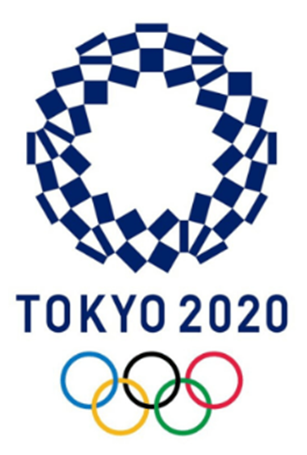2020.07.30
Olympic Games and intellectual property rights (Is parody permissible?)
July 30, 2020
Tatsuya Kimura
 |
 |
| Source:asahi.com | Source: The Tokyo Organising Committee of the Olympic and Paralympic Games |
If there was no spread of COVID19, it would be exciting all over Japan at the Olympic Games by now, and at Olympic-related sales and events.
However, the terms of the Olympics and Olympic Games, the Olympic symbol, the emblem, and the official mascot of the Tokyo Games, the title or slogan such as “TOKYO 2020” and “Ganbare (Let’s go)! Nippon!” all are protected by the trademark law, the unfair competition law, the copyright law, in addition, the portrait right and the publicity right. Therefore, as a general rule, those terms, phrases and devices cannot be used without permission from each right holder.
The other day, the cover design of the monthly magazine of the Japan Foreign Correspondents Association was controversial. Inspired by “Voice Prime Minister Aso’s “cursed Olympics” remarks and the rapid increase of the number of infected people with the Coronavirus in Japan after the postponement of the Olympic Games was announced, British designer Posekeri Andrew created. The Association withdrew the caricature and apologized in response to a protest from the Games Organizing Committee that it had infringed copyright and lacked consideration for athletes.
On the other hand, many members of the Association say that they disagree from the viewpoint of “freedom of expression”, such as “Satire and parody are arts” and “No problem in many countries like the United States and Britain”.
Actually, some foreign countries allow parodies defense to copyright in clear or as fair use. Japanese copyright law, however, does not have such provisions.The emblem in question is clearly “a creative expression of thoughts or sentiments” (copyright law, Article 2), and the design arranges to add protrusions like a coronavirus around the checkered pattern of the emblem. Therefore, the adaption rights become a problem.
An adaptation means “to create a new work by changing the expression while maintaining the identity of the essential characteristics of the original expression”. Even if you modify the original work, if you can still feel the essential features of the original work, you infringe on the adaptation rights. Although the protrusions are added, you can identify the checked pattern which is an essential feature of the emblem. In the first place, parody is a work that is premised on bringing recollection of the original work, so it is difficult to deny that you can recognize the essential characteristics of the original work and that the design infringes the adaptation right in parody.
Besides, if a parody as being critique or commentary is in conformity with fair practices and is performed within the legitimate scope for the purpose should be permissible as a quotation (Article 32).
Although the design satirically and allegorically conveys the Tokyo Olympic Games, which were eroded by the Coronavirus, it is questionable whether the design meets such requirements.
Also, even though artistic expression should be respected because it is inseparable from ideas and ideology, freedom of expression is subject to certain restrictions in situations where it conflicts with the rights and dignity of others. The issue is a “fair balance” of copyrights and freedom of expression. In light of all of the above, it seems difficult to deny infringement in Japan as there is no express provision to allow parody.